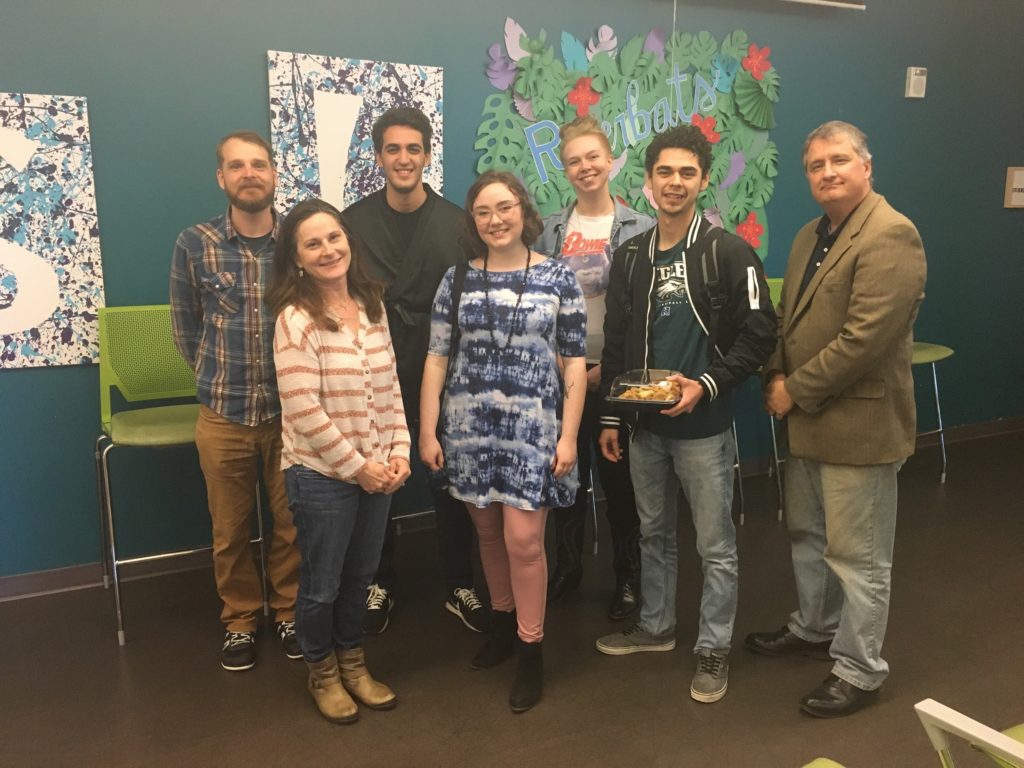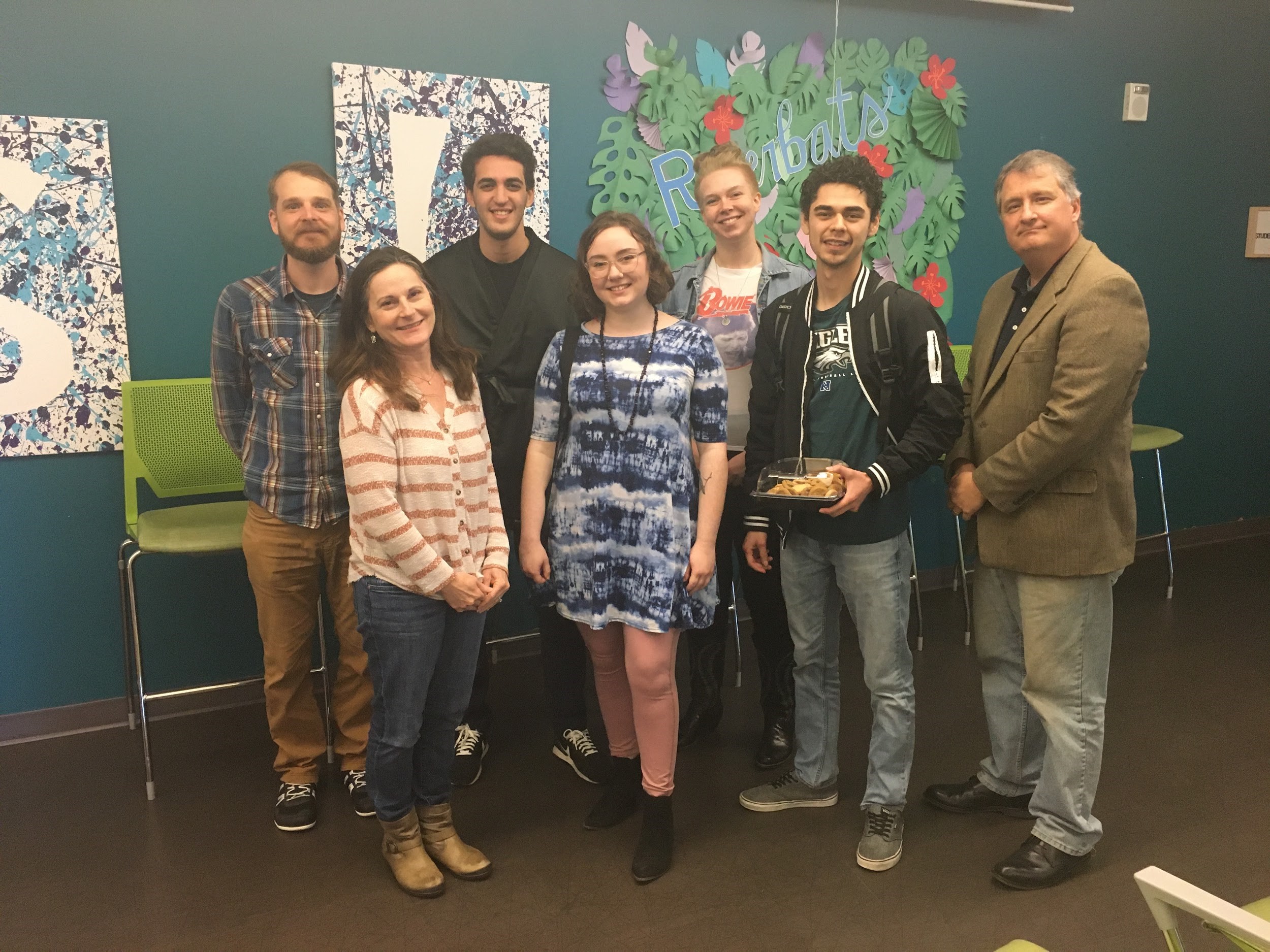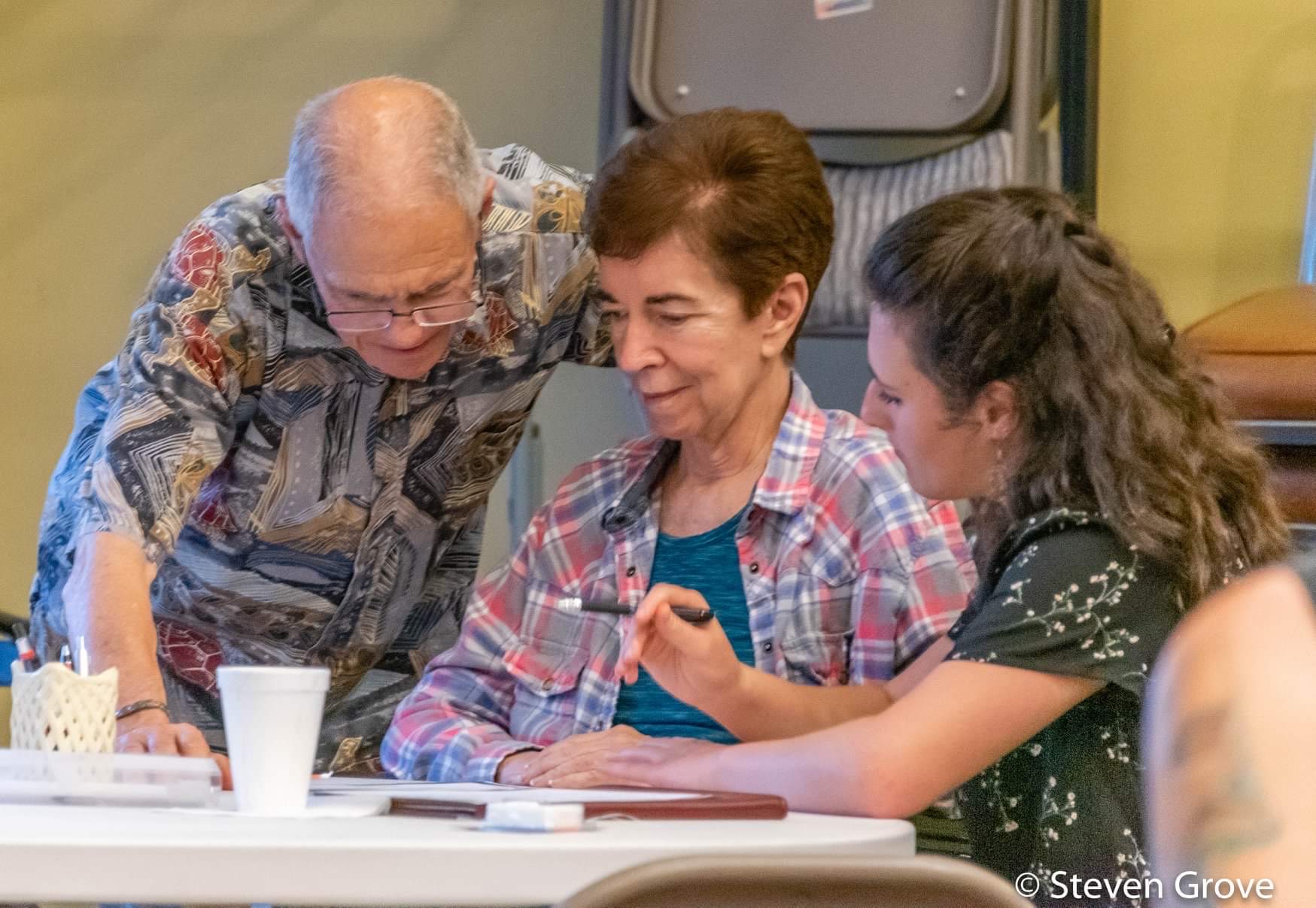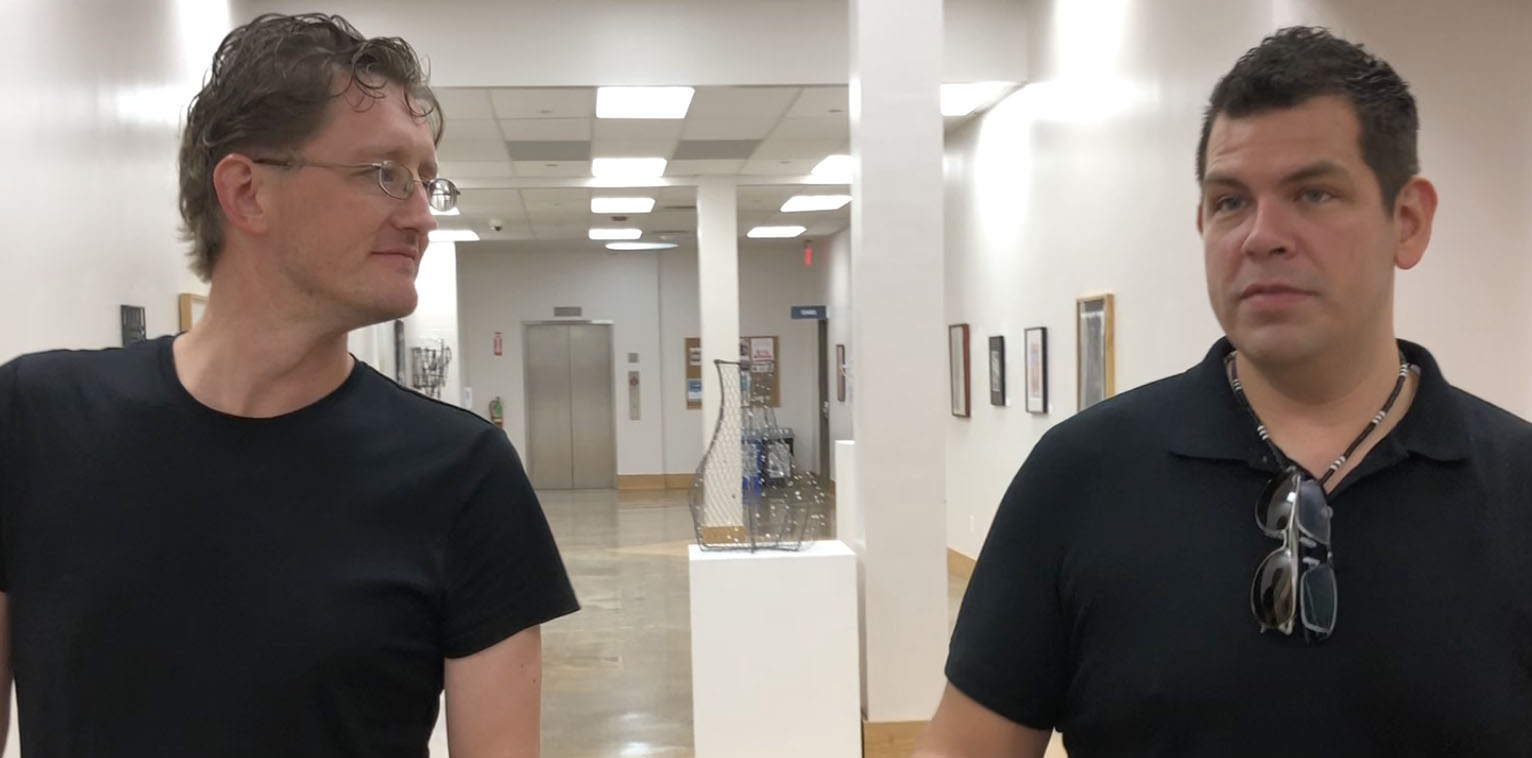(By PATRICK DAVIS)
It’s a Tuesday afternoon in early March at Austin Community College’s Eastview Campus. Professor Wendy Lym’s World Literature I: “Sense, Sex & Transcendence in the Ancient World” class buzzes with student chatter.
The students on this day, prior to the COVID-19 pandemic, use transformative writing to analyze poems of the ancient world. Rather than Lym telling the students the meaning of these poems, students are challenged to find their own meanings and compare them with classmates.
Instead of giving students information to memorize, Lym believes that, “The point of education really needs to be empowering people.”
Thirteen years into being a college professor, Lym remains passionate about creating new ways to empower students.

She is currently working with ACC History Professor David Lauderback to create an honors undergraduate research conference which would be the first of its kind in Texas. If the conference becomes a reality post-pandemic, it will give students an opportunity to build their resumes with legitimate research projects.
On March 6, a small group of students met for an informal honors discussion as a precursor to the potential honors conference. Students passionately shared topics they are interested in researching. Lym playfully described the event as “the most fun you can have with your brain.”
Research skills are vital in numerous career paths and grad school. Lym thinks that community colleges should improve at teaching research skills, which is why she includes a large research portion in her honors curriculum.
In Lym’s “Sense, Sex & Transcendence in the Ancient World” course, the last four weeks of the semester are dedicated to developing a research project. Lym guides each student through the process which makes them more prepared for upper-division courses.
Paulo Friere’s controversial classic “Pedagogy of the Oppressed” had a large impact on Lym’s teaching style. In the book, Friere argues that students are not empty vessels that need to be filled with academic knowledge. Instead, learners can co-create knowledge.
In the current dominant education model, a teacher gives a student a piece of information and then the student repeats the information back to the teacher. That builds following.
Lym sees great value in allowing the students to drive what happens in the classroom. She believes that an empowered student body can lead to “creative inquiry, entrepreneurship, civic leadership.”
Lym has tremendous respect for the brave people that choose the college path. She pushes her students to ask big questions.
Giving students power is not only beneficial for them but it also benefits society.
As Lym said, “There’s a shared human dignity and the pursuit of knowledge is part of it.”
Professor Wendy Lym’s history of empowerment projects:
- Taught student-athletes in UT’s Longhorn Scholars Program during grad school
- Created student programming during postdoc at St. Edward’s University
- Led a college readiness collaborative
- Working toward undergraduate honors conference




